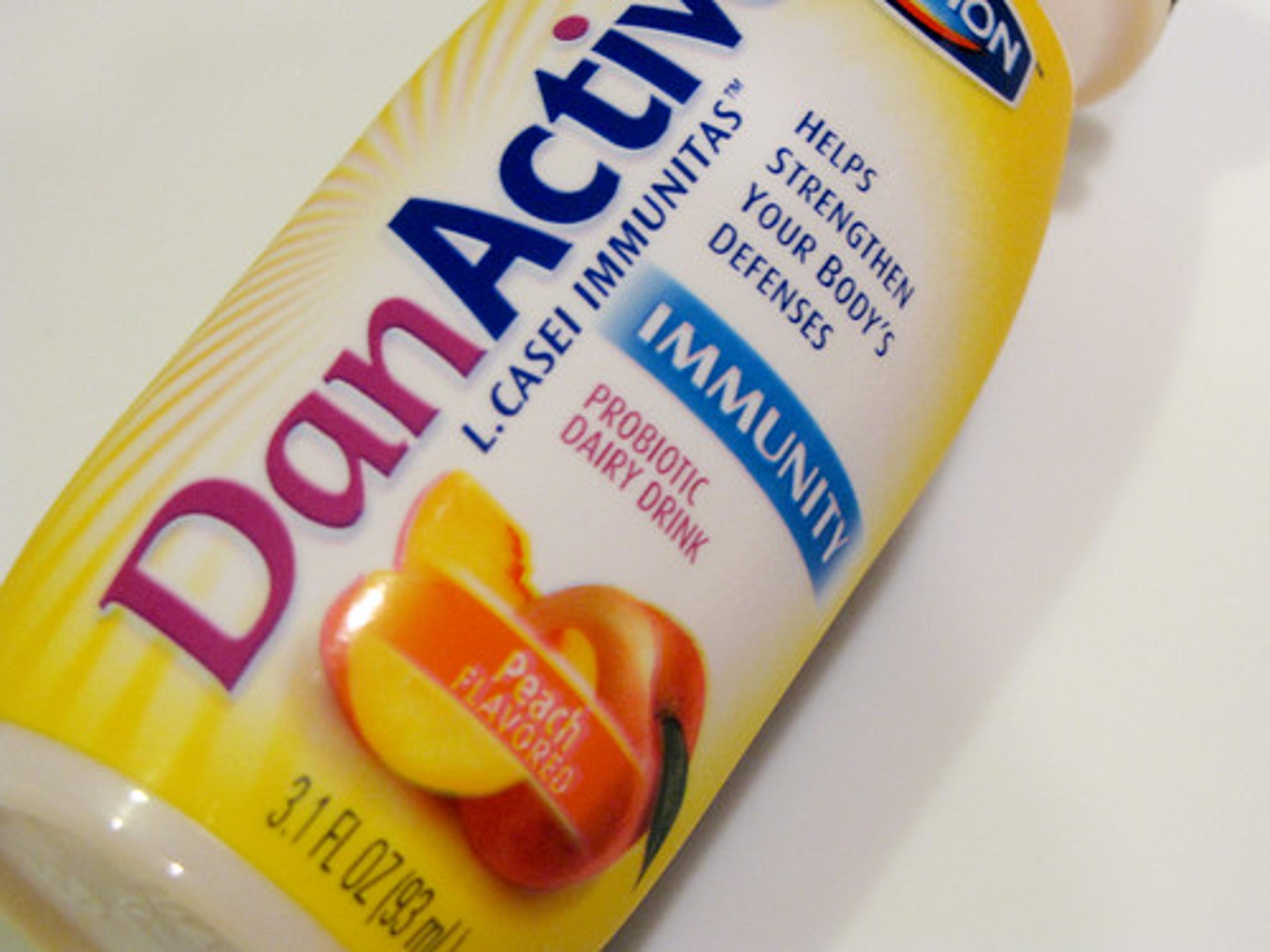Are Health Food Trends Actually Healthy?
Julia DuBois
| 2 min read

Its no secret that in recent years many Americans have been on a health kick. Supermarket shelves have been been stocked with organic produce and foods adorned with labels like gluten-free, low calorie and all-natural. Sure, it’s great that people have become more conscience of what they’re putting into their bodies. But are all these health trends actually healthy, or are they just trends?
Some dieticians seem to think that all this hoopla about healthier food might just be getting a bit ridiculous. Healthier milk, healthier water? The common question is, haven’t these things always been healthy for people?
It may be that the health trends are going a little too far. There is, of course, nothing wrong with watching your calorie intake, or trading that lunchtime doughnut for an apple instead, but do you really need to replace a whole meal with a “healthy” alternative meal bar that is the product of a factory?
This is not to say, of course, that all health trends have gone overboard. There are some, supported by the American Dietetic Association, that deserve a second glance.
New trends in health that are worth your time are things like:
- Increased use of probiotics, a bacteria that aids in digestion
- Adding more omega-3 fatty acids to your diet
- And good old fashioned whole grains
So before you become the fan of all the latest health food trends, take some time to find out if those foods you are eating are really any better for you than their natural alternative — you might be surprised.
What health food trends are you invested in? What are some trends that you disagree with?
Photo credit: mjecker





